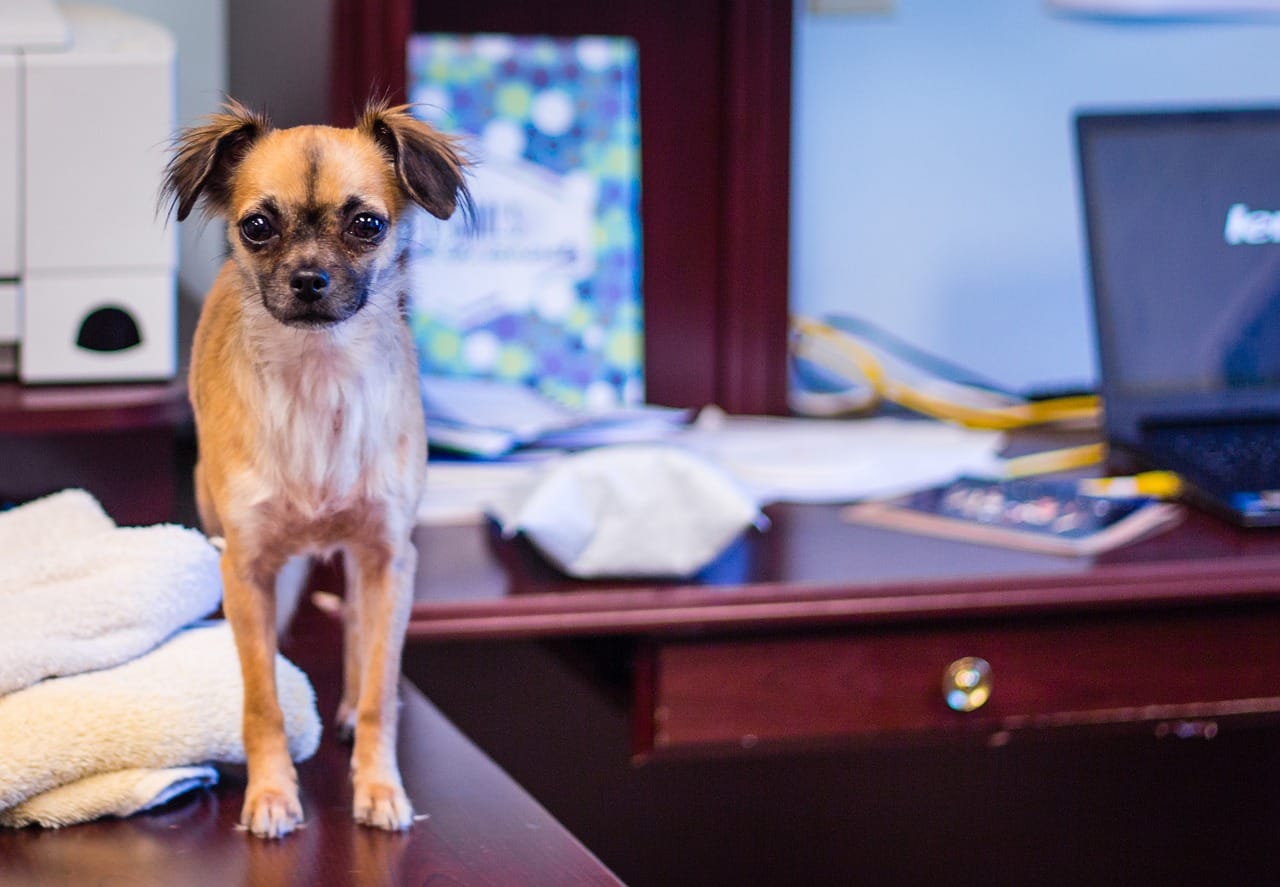
When you buy a pedigree puppy, there is some paperwork you should be aware of and check carefully before taking your puppy home. It is tempting to leave all this until the day that you collect your puppy, but by this time, you will probably have invested a good deal of time and emotional energy into your new companion. Getting these questions and checks out of the way in advance where possible is better.
Table of Contents
Health test certificates
Your breeder should have tested your puppy’s parents for any diseases that are an issue in this dog breed. You must ask about these tests before visiting the puppy, and you must see these certificates and check the information in them before agreeing to purchase the puppy.
Standard tests applicable to many breeds are eye tests and hip scores. An annual eye exam certificate should state that your puppy’s parents are free of disease at the time of the examination, which should have taken place within twelve months of your purchase. A hip or elbow score examination is carried out only once in the dog’s life, and both your puppy’s parents should have scores below the breed mean.
The best time to see these certificates is your first visit to the breeder. This is then out of the way. No reputable breeder will ever mind being asked for credentials; most will have them ready when you visit.
Contracts of sale
Many breeders nowadays give their puppy buyers a written contract when they collect the new puppy. A good sales contract should be reasonably brief and clearly laid out. It may include an undertaking by the breeder to take your puppy back at any time in the future should you be unable to care for it. It will also set out the conditions under which the purchase price of your puppy could be refunded and recommendations for you to have your puppy checked out by your vet shortly after purchase.
Most importantly, your contract must include information about any endorsements placed on your puppy’s registration. If this information is not provided, the blessings will likely be invalid.
What is an endorsement?
When you buy a pedigree puppy, it may come with ‘endorsements’ on its pedigree registration. These are stipulations that the breeder has made regarding any attempts YOU may make to breed from your dog or to register your dog with a foreign kennel club.
The purpose of these endorsements is to give the breeder some control over what happens to puppies that she has bred, concerning ensuring the health of the breed and the long-term welfare of her puppies. The only person who can place an endorsement on a registration is the owner of the puppy at the time the approval is placed. And with certain exceptions, only the person placing the acceptance can lift it.
The breeder must allow you to breed your puppy. Still, suppose you disregard the endorsements on your puppy’s registration and produce from your puppy without fulfilling the conditions set down by the breeder. In that case, you may be unable to register his or her progeny with the Kennel Club.
The breeding endorsement sets out specific criteria you must fulfill for the approval to be lifted. These criteria usually refer to health standards that you will need to prove your bitch has met. Once you have completed the endorsement conditions, the breeder will lift it.
Where disputes arise over endorsements, the Kennel Club will adjudicate and may, in certain circumstances, lift the blessing without the breeder’s permission.
This probably sounds more onerous than it is. Usually, all you will have to do to get the endorsement lifted is have your bitch’s hips and eyes tested before breeding. Something you would want to do in any case.
Registration Certificate
Your breeder will register her litter of puppies with the Kennel Club. The KC is the national registering body for pedigree dogs in most countries, and registration with pet lovers’ clubs, etc., is not recognized by other countries or organizations as evidence of pedigree.
Some breeders are slow about registering their puppies and may not have the registration certificate ready when you collect your pup. This is not ideal, and you must decide whether you are prepared to take the puppy ‘on trust.’ I recommend not doing this unless you know the breeder well.
If you decide to take the puppy before his registration certificate is available, you should ask for copies of the pedigree certificates of both parents. You should also be very confident that the bitch has not had more litters than permitted by the Kennel Club (currently four) and is not outside the age limits that the KC sets on breeding bitches (now more than eight years or less than one). These limits may change and are published on the Kennel Club’s website. Suppose the breeder has failed to fulfill these KC requirements or mated two dogs that are too closely related (brother to sister, parent to child). In that case, your puppy may be permanently denied registration, no matter how illustrious her parents are.
It happens, so take care.
Information pack
Finally, your breeder will provide an information pack when you collect your puppy. This should contain comprehensive advice on caring for your puppy, including information on feeding and training your dog.
Many pedigree puppies come automatically with a few week’s insurance. This information should be in your pack. If your breeder is a KC-accredited breeder scheme member, you should also have a feedback form to fill in and return to the KC.








Comments (2)
Dakotasays:
20/08/2023 at 18:10Interesting! Could you clarify what type of endorsements are included in puppy paperwork?
Quinnsays:
25/08/2023 at 14:17Can you provide more details about the specific diseases that should be tested for in the puppy’s parents?